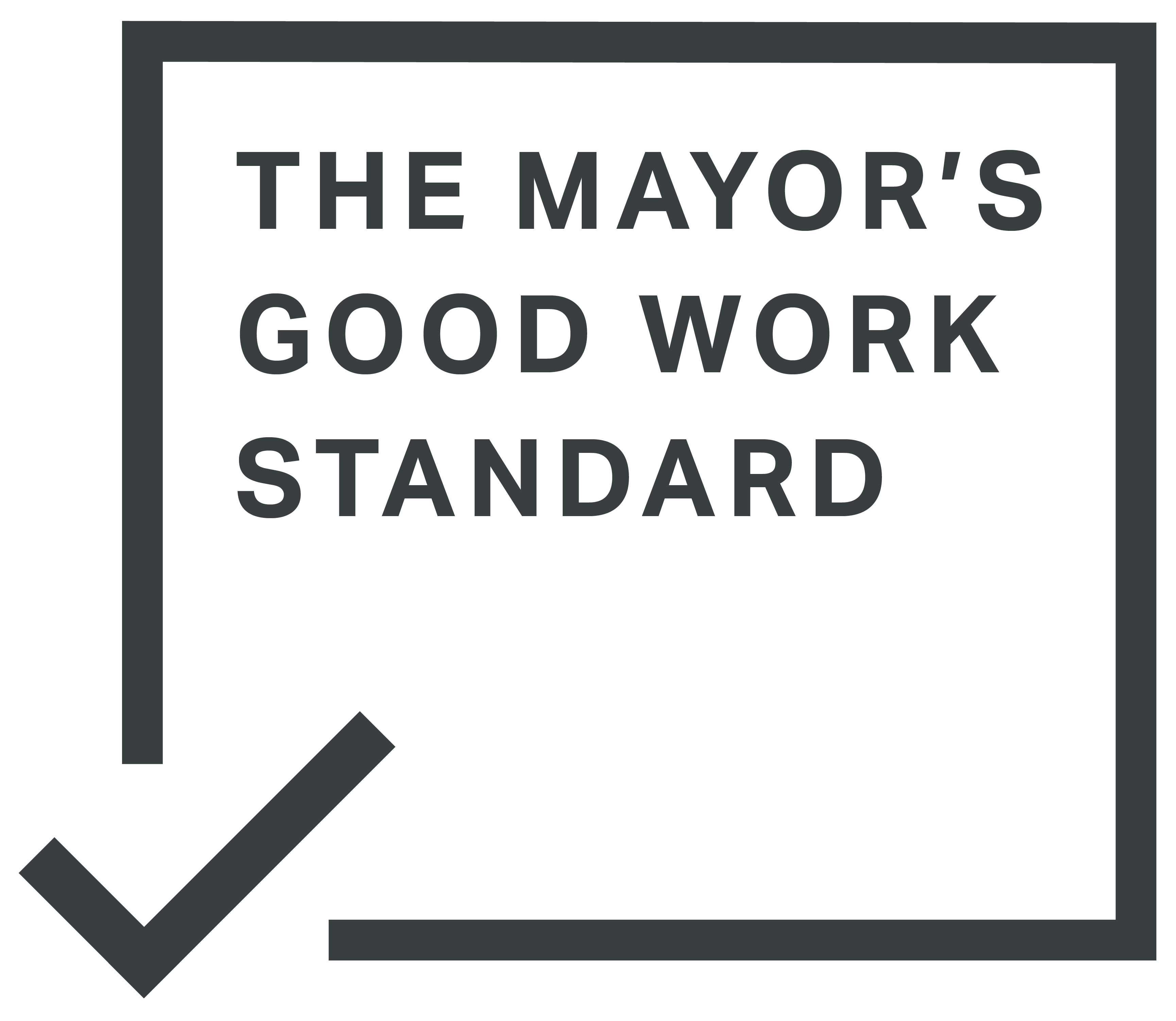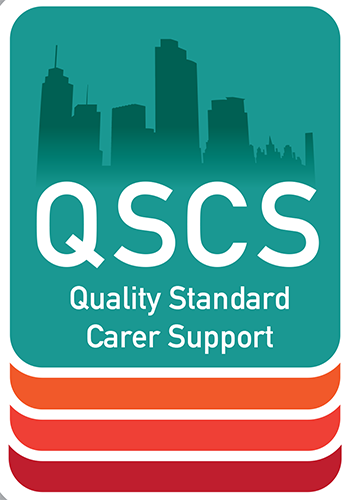This GCSE course can only be taken as part of a package of GCSEs.
The GCSE Sociology course offers students a comprehensive introduction to the study of society, culture and human behaviour. Through the exploration of sociological theories, concepts and research methods, students develop a critical understanding of the social world and the factors that shape individual and collective behaviour.
This course encourages students to examine social issues from multiple perspectives, fostering empathy, tolerance and informed citizenship. Students engage with a wide range of topics, from family and education to crime and deviance, gaining insight into the complexities of social life and the dynamics of power, inequality and social change.
-
Sector Overview
GCSE stands for General Certificate of Secondary Education, and they are part of the national curriculum. Typically, GCSEs are studied between the ages of 14-16 in years 10 and 11.
Waltham Forest College's GCSE courses are studied as a package for those who are new to the country or those who achieved a Grade 3 in their English and maths GCSEs in Year 11.
-
Entry Requirements
The entry requirements for this course are:
This GCSE course is open to those who are new to the country or those who achieved a Grade 3 in their English and maths GCSEs in Year 11.
No prior study of the subject is necessary.
For those new to the country, there will be an entrance assessment to complete. This is common to the GCSE programme, and not for this subject individually.
-
What will I study?
This course consists of the following:
Key Sociological Concepts: Explore fundamental sociological concepts such as socialisation, culture, identity and social stratification. Understand how these concepts influence individual experiences and shape social interactions within different contexts.
Family and Education: Investigate the role of family and education in socialisation and social reproduction. Examine changing family structures, educational inequalities and the impact of social policies on family life and educational outcomes.
Crime and Deviance: Analyse patterns of crime and deviance in society and explore sociological theories of crime causation and social control. Consider the role of social institutions, such as the media and criminal justice system, in shaping perceptions of crime and influencing responses to deviant behaviour.
Social Inequality: Examine patterns of social inequality based on factors such as class, gender, ethnicity and age. Investigate the mechanisms of social mobility and the impact of globalisation on patterns of inequality and social change.
-
How will I be assessed?
The assessment comprises two exam papers, each lasting 1 hour 45 minutes.
Paper 1 assesses students' knowledge and understanding of sociological theories, concepts and research methods through a combination of multiple-choice, short-answer and extended-writing questions.
Paper 2 focuses on applying sociological knowledge and understanding to contemporary social issues such as education, family, crime and social inequality, through a series of structured and extended-writing questions.
-
Enrichment
Our Student Common Room is a great place to unwind and relax during your breaks. It features pool tables, table tennis, a gaming corner and lots of comfy sofas so you can refresh before your next lesson.
Themed events are held in the Common Room so you can get the best experience of being a Waltham Forest College student.
-
Work Experience
Work experience will be sourced for learners on this pathway at the end of their GCSE study. This is owing to the intense study and limited time ahead of externally assessed examinations.
-
Progression opportunities
Completion of GCSE Sociology provides students with a solid foundation for further study and career opportunities within the social sciences and related fields.
Students may choose to continue their education with A Levels in Sociology, Psychology or related subjects, or pursue vocational qualifications such as BTEC Health and Social Care or apprenticeships in areas such as social work, counselling or community development.
This qualification also prepares students for entry-level roles in sectors such as social research, market research, human resources and public policy.
Whether pursuing higher education or entering the workforce directly, students emerge from this course with a range of transferable skills, including critical thinking, research skills, communication and empathy, essential for understanding and addressing the complex social issues of the contemporary world.
-
Alumni
Waltham Forest College is a vibrant and aspirational college and will support you to reach your career aspirations. Last year 96% of learners progressed onto a positive destination either to higher levels of study, employment, or an Apprenticeship.






